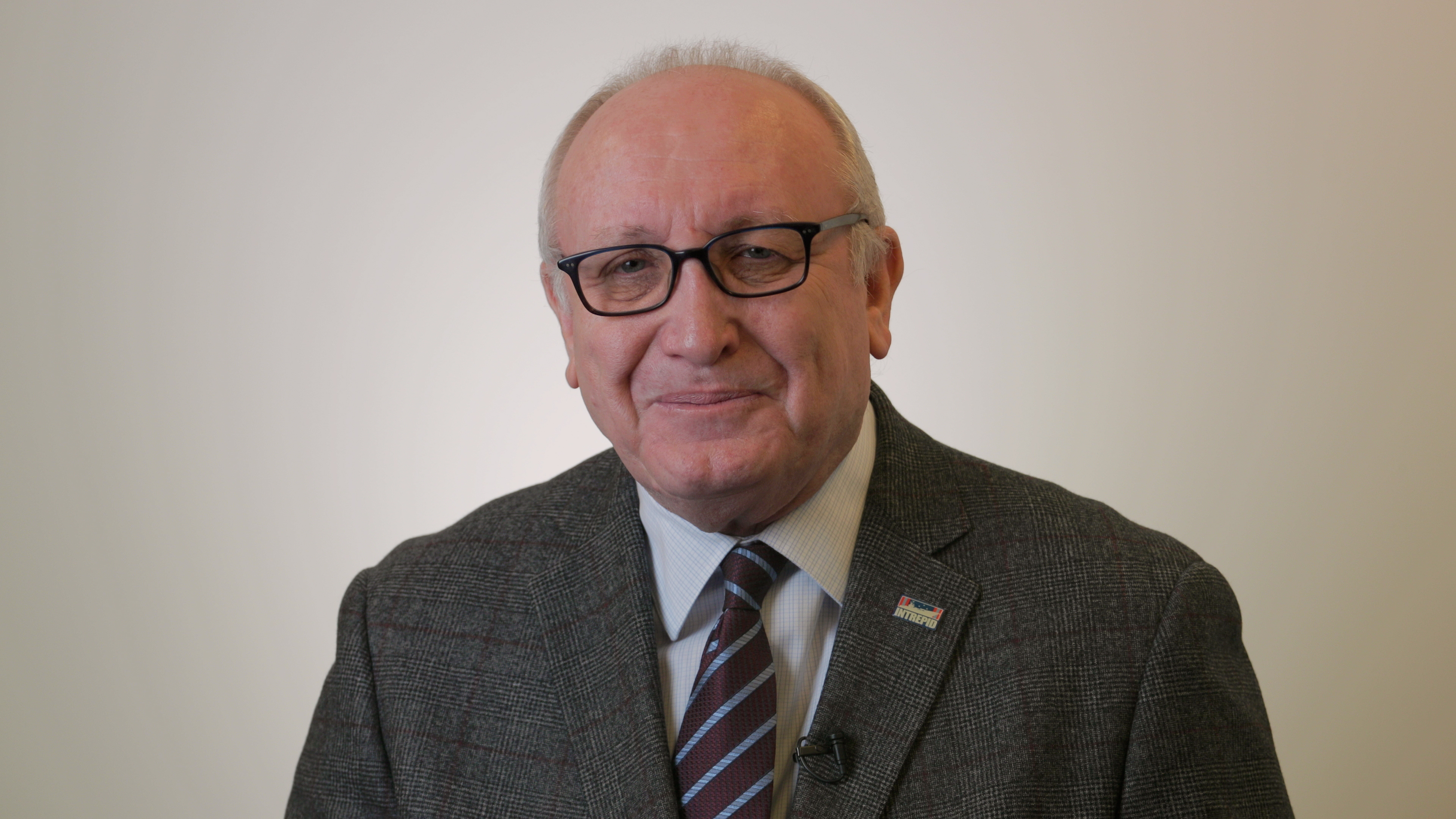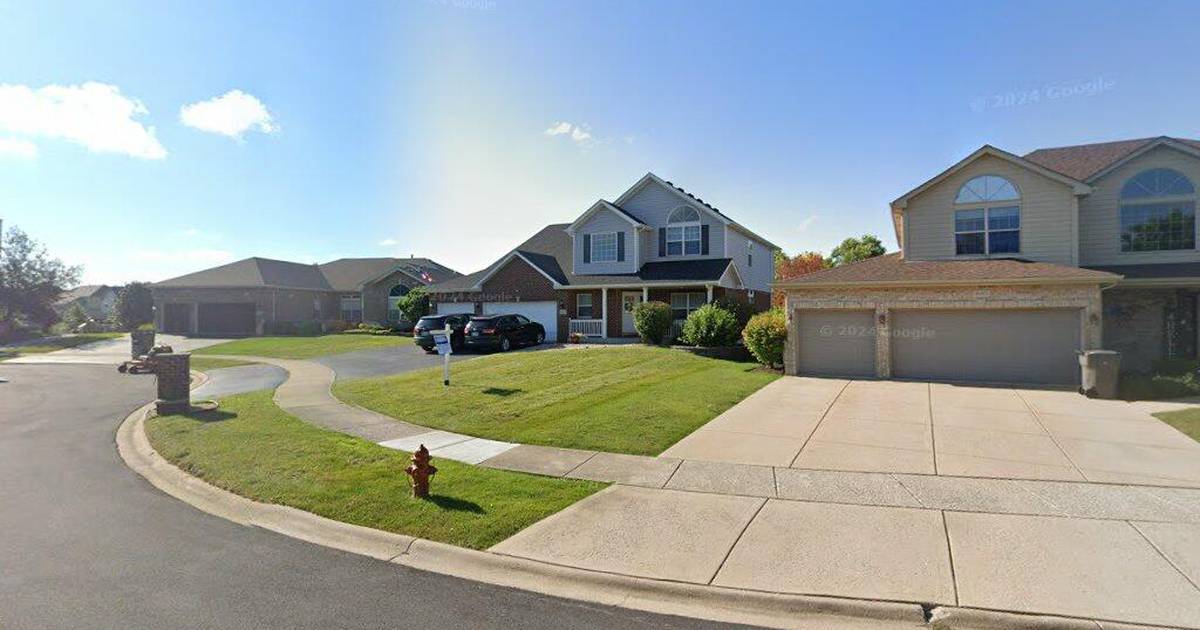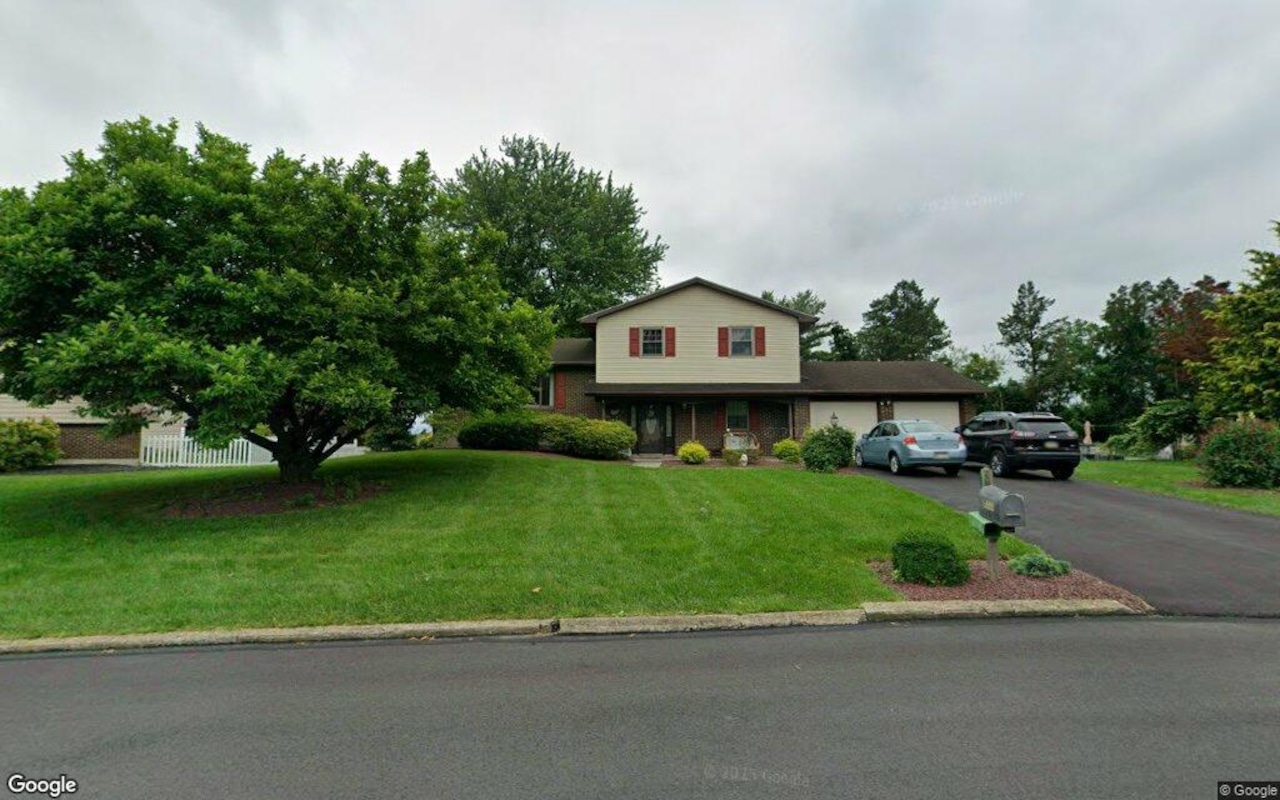B
ruce Mosler, chairman of Global Real Estate with Cushman & Wakefield, sees a clear path to commercial real estate success in a changing landscape. He believes companies that adapt to the shifting workforce needs will thrive in the long run. "This is a unique time for all of us," says Mosler. "The culture of a company changes by the nature of the people it recruits, and we can help companies navigate this change."
Mosler's credentials are impressive, having led Cushman & Wakefield from $800 million to $2.1 billion in sales during his tenure as chairman. He diversified the company's revenue stream by 30% through expansion into Europe and Asia Pacific regions. Mosler notes that COVID-19 was a major turning point for businesses and commercial real estate, forcing companies to prioritize labor analytics and workforce needs.
Today's workers are looking at work-live-play dynamics when considering employment opportunities, meaning companies must tailor their real estate choices accordingly. "Culture matters," says Mosler. "Successful companies understand the importance of investing in infrastructure that supports employees' lifestyles." This includes amenities like one-stop transportation, food options, and curated retail spaces.
The changing workforce will render some buildings obsolete, while others require major renovations or new uses. Companies that adapt to these changes will have a competitive edge. Mosler notes that many companies are seeing over 60% of their workforce return to the office, with Tuesday, Wednesday, and Thursday being the most popular in-office days.
As real estate brokers, Cushman & Wakefield's job is to help clients envision and create an optimum office environment that prioritizes collaboration spaces, natural light, and green areas. Mosler emphasizes that not every building will be suitable for commercial office space, and some may need to be repurposed or redeveloped.
Cushman & Wakefield recently released a report on "Reimagining Cities: Disrupting the Urban Doom Loop," which outlined four key strategies to revitalize cities and downtowns. These include decreasing the share of real estate dedicated to work, increasing space for live, boosting for-sale housing, and enhancing the play component.
Mosler is bullish on New York City, citing its status as a tech powerhouse rivaling Silicon Valley. Cushman & Wakefield has also trained its innovative chops on its workforce through programs like its military and veterans initiative, which actively recruits from the armed services. "A company's culture changes by the nature of the people it recruits," says Mosler. "When you recruit from the military, you're choosing from the best and brightest."
The MVP program has consistently ranked Cushman & Wakefield as one of the best companies for veterans transitioning to civilian life. For Mosler, this initiative is about making a positive impact on veterans' lives and helping them succeed in their careers. "Culture matters," he says. "And recruiting from within the military gives us another arrow in our quiver."











